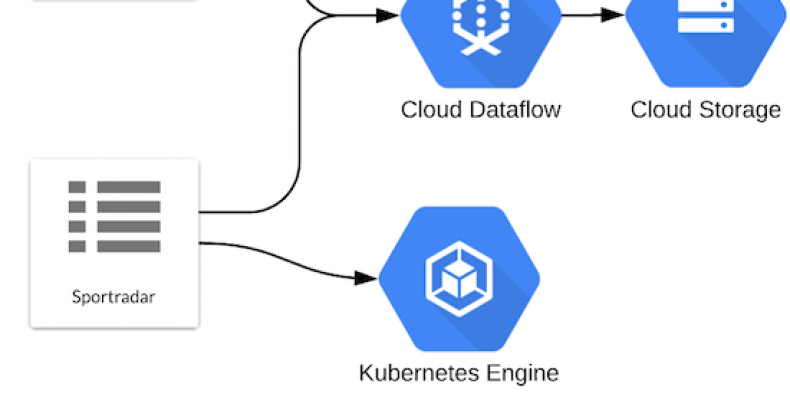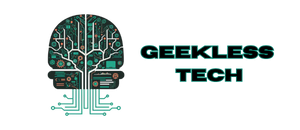Blog

NCAA: How We Are Using Predictive Analytics during the Final Four
NCAA is linked to Google Cloud
Google’s cloud team is experimenting with large amounts of data and real-time analysis and wants to predict the outcome of a basketball match. The combination of numerous techniques and experts will provide new insights during the NCAA game.
Google’s cloud department has been working with the US American Association for University Sports NCAA for some time, helping to analyze game data and statistics. This has already led to a variety of findings, such as which players block most of the litters or which mascot species the fans are most likely to love (cats).
However, the Google specialists want to give their big-data stocks and analysis methods a real-time test: Even during a basketball finals (the “Final Four” at the “March Madness” called tournament in San Antonio) conclusions from the first half of the game on the In a blog post, the cloud team announces that it will be followed and shown as a commercial during the halftime break.
The NCAA is moving around over eight decades of chronological as well as game-by-game statistics from 90 challenges and 24 sports en route for the Google Cloud Platform (GCP). To start, the NCAA will get lead of decades of historical basketball records by means of Cloud Spanner, BigQuery, Datalab, Cloud Dataflow and Cloud Machine Learning to augment the study of panel as well as player concert. Google will form a data-based bracketology contest that will employ chronological data from the NCAA that will be incorporated by means of open data sets moreover data captured as of live broadcasts.
Supporters and NCAA members will be capable to seek out, evaluate and examine the recital of the team and the team member, and obtain replication nearly in real time for the study and foretell of competitions. The whole thing will start on before March Madness in 2018.
The NCAA tactics to bring into play this information to form analysis workflows to spawn eloquent, extrapolative and analytical results that help out to independently resolve and scrutinize the range and propagate method in men’s and women’s sports. As element of this association, Google has furthermore prepared the executive NCAA Cloud Partner, in affiliation with Turner Sports as well as CBS Sports, opening with the NCAA Division I 2017-18 men’s and women’s basketball seasons.
NCAA Experiment: Develop new analysis models in a team
To do this, with a team of data analysts, data scientists, technicians and basketball specialists in the half-time break to match the observations from the first half with historical NCAA data from other games from 80 years and make a prediction on the outcome. The experiment is based on a data analysis workflow designed to extract more insight from the data collected and improve collaboration between different disciplines (including data engineering and machine learning).
Details of this are explained by employees of Google’s big data team in a second, detailed blog post. The workflow combines various services in the Google Cloud and includes different sources, whose raw data was first converted into a uniform format and made available for common Big Data evaluations. Real-time evaluations and visualization should be shared and developed in the team.
The goal is not simply to predict a winner, but to develop analysis models that recognize in the plays of a team, the key skills and derive the possible further course of the game (Predictive Insights).

